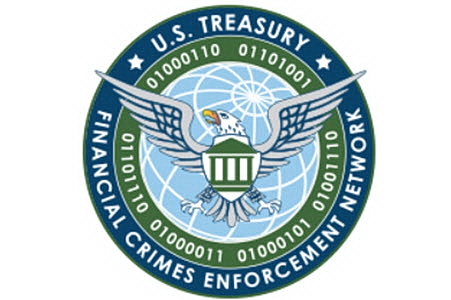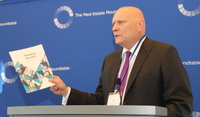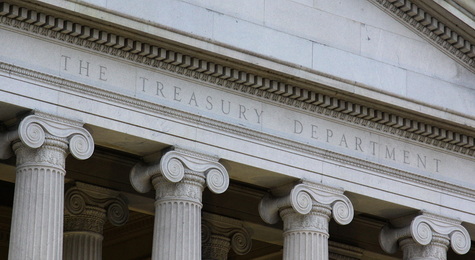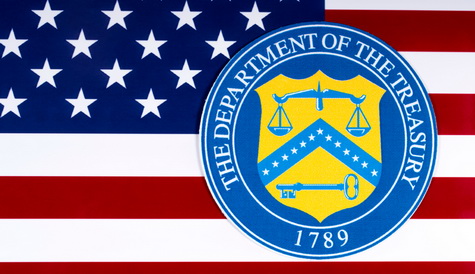
An Oct. 17 hearing before the House Select Committee on the Climate Crisis, “Solving the Climate Crisis: Cleaner, Stronger Buildings,” focused on reducing carbon pollution and improving resilience in residential and commercial buildings across the nation as a method of countering the effects of climate change. (Hearing video and witness statements)
- The Select Committee is chartered to study and make recommendations to reduce greenhouse gas emissions and develop solutions to combat climate change. It lacks authority to introduce legislation, but is scheduled to publish a set of recommendations for bill-writers by March 31, 2020.
- Committee Chair Kathy Castor (D-FL), above, stated at the hearing that “[a]n ambitious national plan for cleaner, stronger buildings requires national leadership. And Congress needs to offer smart incentives, to set a direction for the numerous federal, state, and local officials involved in the buildings sector.”
- Committee Ranking Member Garret Graves (R-LA) emphasized that reauthorization of the flood insurance program and other Committee recommendations must “advance[ ] the goal of resiliency, [housing] affordability, and energy efficiency conservation. [W]e can achieve multiple goals.”
- The Real Estate Roundtable has long been a leading advocate for energy efficiency in buildings, spearheading significant policy developments in this arena. For example, the Sustainability Policy Advisory Committee (SPAC) was critical to the creation of EPA’s ENERGY STAR for buildings program in 1998, and its evolution to ENERGY STAR for Tenants in 2015.
- Recently, SPAC’s assistance to EPA resulted in improved and updated models for federal ratings regarding building energy efficiency performance. (Roundtable Weekly, July 19). Current SPAC initiatives include efforts to refine the next version of ENERGY STAR for Tenants (to be unveiled in 2020 and cover retail as well as office leased spaces), and coordinate with the agency on key data it collects regarding the carbon footprint of the nation’s electricity grid.
- On the legislative front, The Roundtable has long supported the Energy Savings and Industrial Competitiveness (ESIC) Act (S. 2137), co-sponsored by Sens. Rob Portman (R-OH) and Jeanne Shaheen (D-NH). (Roundtable support letter for S. 2137) The Senate Energy Committee advanced the ESIC Act last month. (Roundtable Weekly, Sept. 27).
- The ESIC Act “is exactly the kind of smart, forward-looking policy that will help building owners respond to our modern, evolving economy” Roundtable President and CEO Jeffrey DeBoer stated in a Senate news release upon the bill’s introduction this summer. (Roundtable Weekly, July 19) (Video of DeBoer’s statement)
- Also in the Senate, Delaware Democrat Chris Coons and Indiana Republican Mike Braun have formed a climate caucus aimed at creating bipartisan consensus on ways to reduce carbon dioxide emissions. The purpose of the Senate Climate Solutions Caucus is outlined by the two Senators in an Oct. 23 opinion piece in The Hill.
The Roundtable will provide comments to the House Select Committee on the Climate Crisis, summarizing our energy efficiency advocacy agenda. The committee’s questions for stakeholders are posted at https://climatecrisis.house.gov/inforequest, with submissions due by November 22.
# # #








